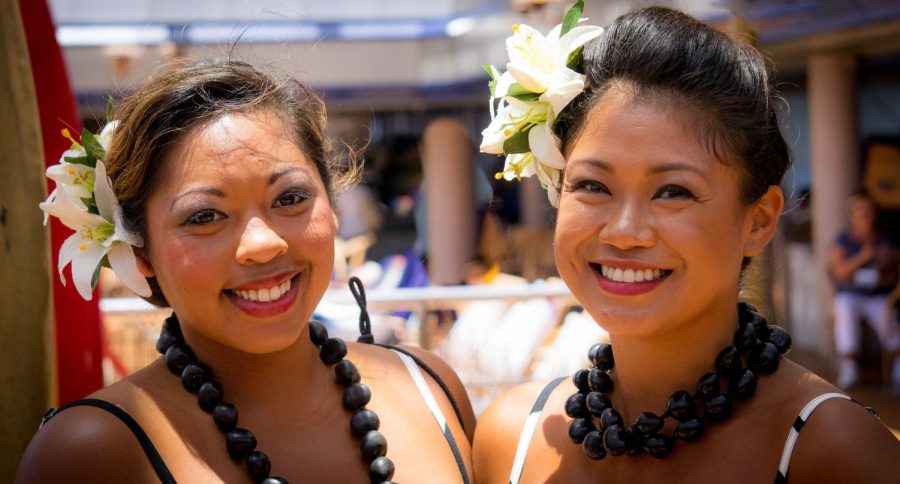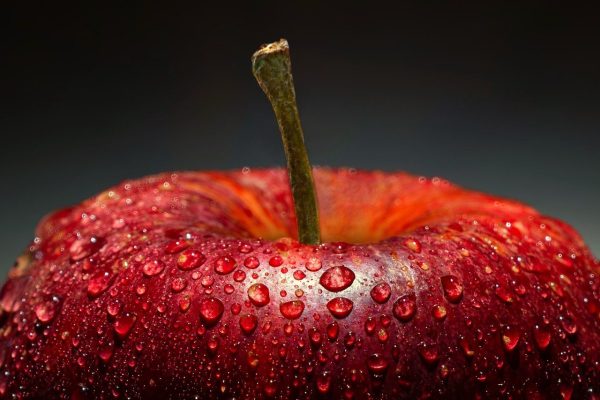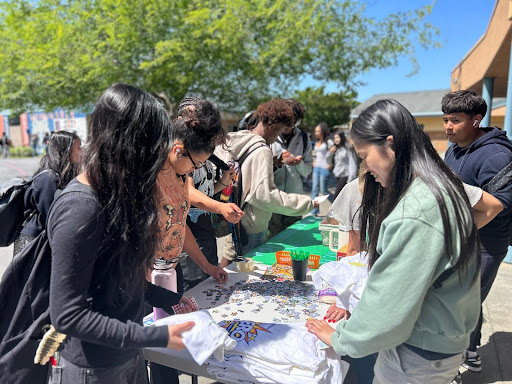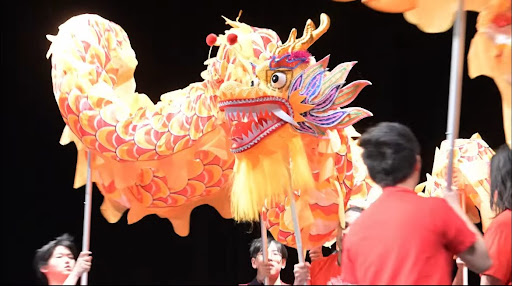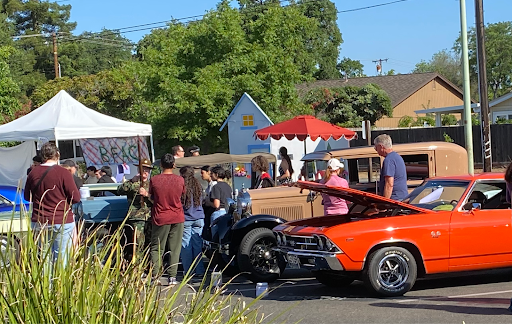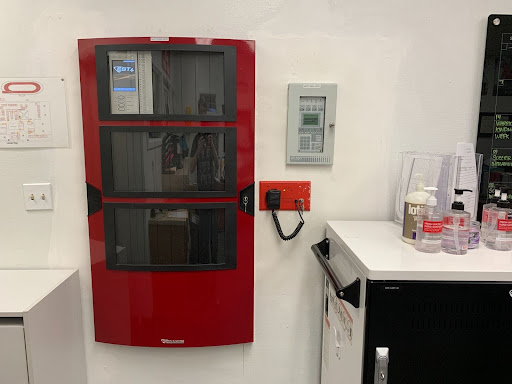Club faires introduce ethnic student organizations to Pleasant Grove campus
The Polynesian Club is one of the ethic organizations available to Pleasant Grove High studets. Pixabay.
December 20, 2022
Food faires at Pleasant Grove High School are events where different clubs at the school buy food from fast food restaurants or make it themselves, and sell the food to students for a profit. This profit is then used to fund the club for the entirety of the school year.
PG has had two food faires so far this school year.
Around 30-40 clubs participated in the second food faire by selling foods from Chick-Fil-A, In-N-Out and Panda Express, as well as other fast food restaurants. Some also sold traditional foods that represent their own club on campus.
The Polynesian Club, more commonly referred to as Polly, teaches Hawaiian and Taijan dances to students who join the club. Members of the club sold spam musubi and hope to make more money than they did at the previous food faire.
“The money goes to costumes, and any materials that we may need, especially because we are doing a Luau at the end of the year,” said Jasmine Kacho, the president of Polly and a PG senior. “It’s like an event where people pay tickets and come out to watch us dance.”
Other types of student-led organizations participate in the food faires as well. Red Carpet, an organization that raises money to benefit special needs students attending PG, participated this year.
“We raise money for a dance that we put on for special needs students where they get to experience a regular prom, to have a king and queen, and they get to kind of have just their moment in high school,” Red Carpet vice president Gabbriella Stang said.
This event occurs at the end of the school year and usually has a few hundred students in attendance.
“The money that we (made) goes towards all the decorations and getting sponsors,” Stang said. “It goes towards the dance, and everything that we have leftover goes to next year’s dance.”
Senior Jaden Luong, graphics designer for the Key Club, was hoping to make $400, the same amount of money that the club made during the last food faire.
“ We (sold) chicken katsu with rice,” Luong said. “We are planning to donate the money to … the Pediatric Child Programme, which is one of our charities.”
Although this event is very beneficial for clubs at PG, some students have a few issues with the pricing of the foods and drinks that are being sold during food faires.
“Of course, the food is overpriced,” sophomore Black Student Union member Isis Castille said.
But she defended the price difference, saying, “I think it is fair because the clubs have to sell more than the price that the food sells for at the regular restaurant that they bought it so that there is leftover revenue for the clubs.”

